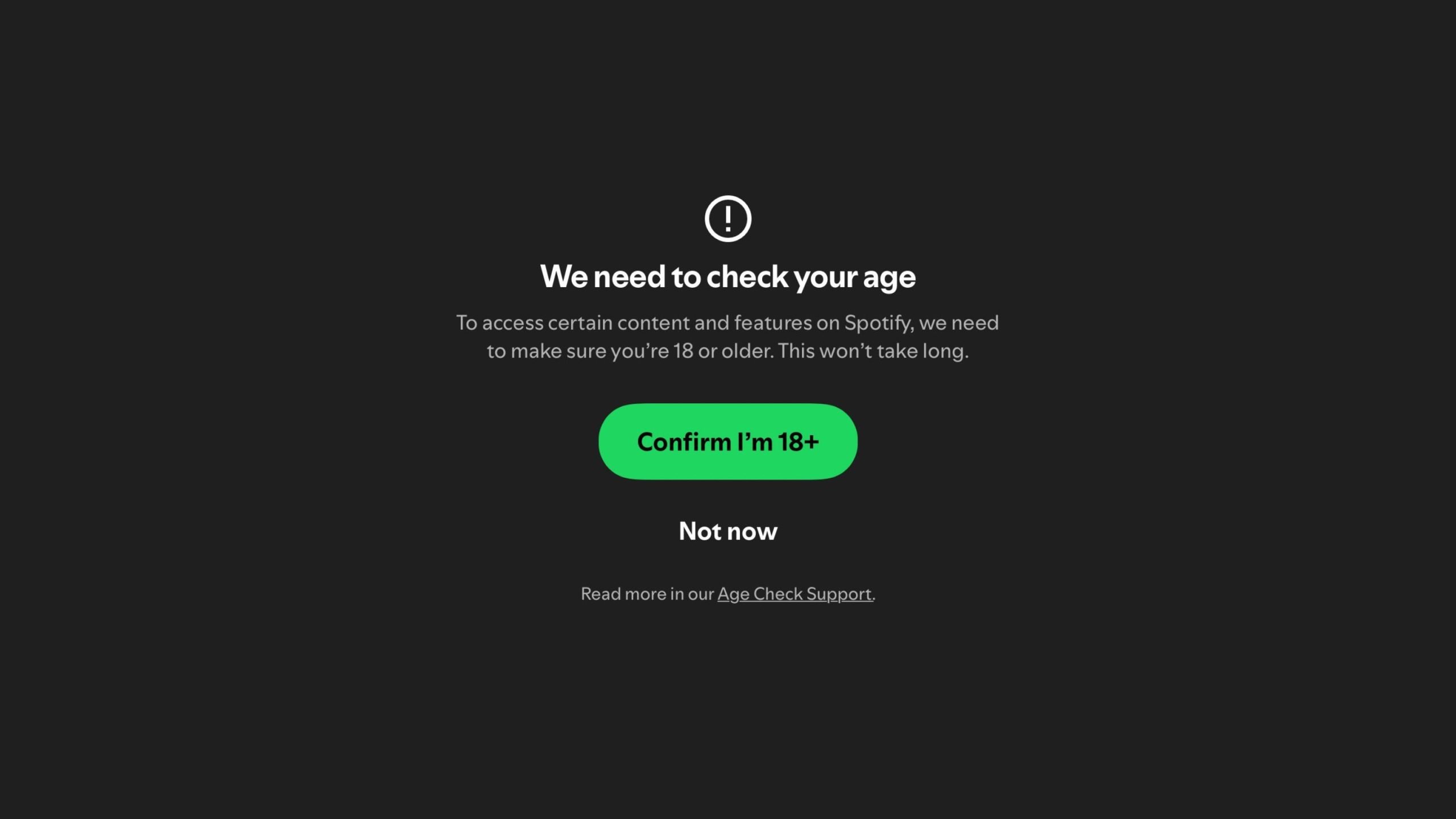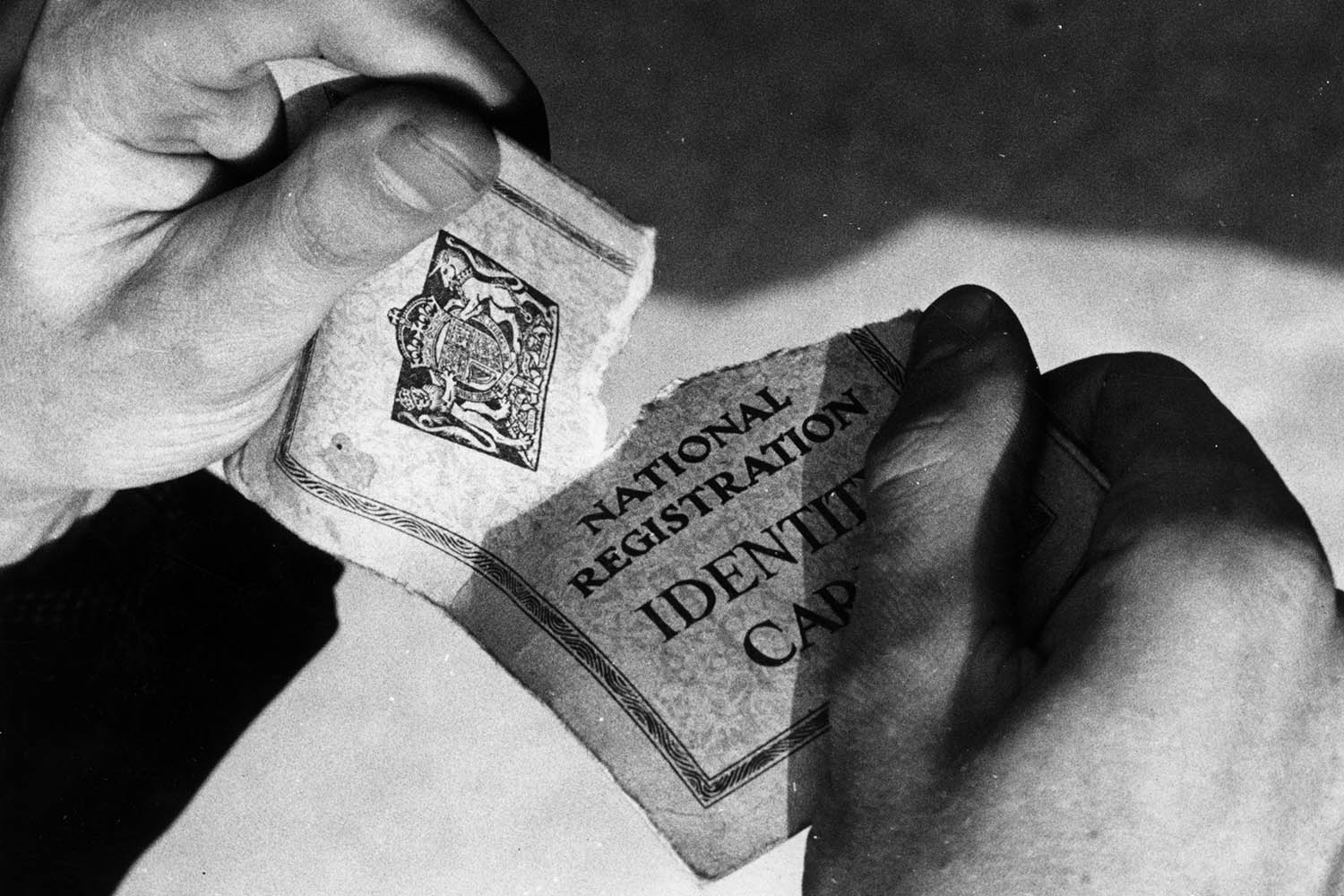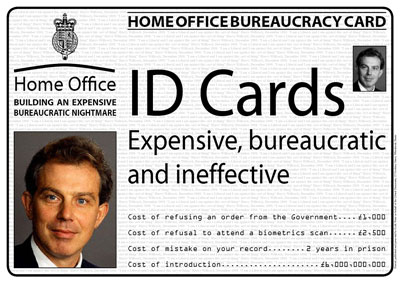An interesting option would be for service providers to go over to DNS over HTTPS in friendly domains. Again I do not really understand it, but I think it is a new way of doing domain name resolution that allows a far greater degree of privacy and control and could really help in these situations.
GitHub - ValdikSS/GoodbyeDPI: GoodbyeDPI — Deep Packet Inspection circumvention utility (for Windows)
GoodbyeDPI — Deep Packet Inspection circumvention utility (for Windows) - ValdikSS/GoodbyeDPIgithub.com
The info megacorps did not like it, so there must be something to it.
Spoiler From 2019: British ISPs fight to make the web less secure :
British broadband providers are fighting a technology that's designed to make internet connections more secure to prop up their own, outdated content filtering systems.
The British ISPs' trade body, the Internet Service Providers Association (ISPA), dubbed Mozilla a "villain" for supporting DNS-over-HTTPS (DoH). The technology replaces the current, insecure DNS system, which leaves consumers open to snooping and man-in-the-middle attacks that could result in computers being infected with malware when a user attempts to visit a legitimate site.
However, British broadband providers are launching a rearguard action against DoH because it knocks out their ability to track users' surfing habits and operate the filters that prevent them visiting blacklisted websites, such as those hosting child abuse images identified by the Internet Watch Foundation (IWF), or copyright infringements.
The British ISPs' trade body, the Internet Service Providers Association (ISPA), dubbed Mozilla a "villain" for supporting DNS-over-HTTPS (DoH). The technology replaces the current, insecure DNS system, which leaves consumers open to snooping and man-in-the-middle attacks that could result in computers being infected with malware when a user attempts to visit a legitimate site.
However, British broadband providers are launching a rearguard action against DoH because it knocks out their ability to track users' surfing habits and operate the filters that prevent them visiting blacklisted websites, such as those hosting child abuse images identified by the Internet Watch Foundation (IWF), or copyright infringements.











